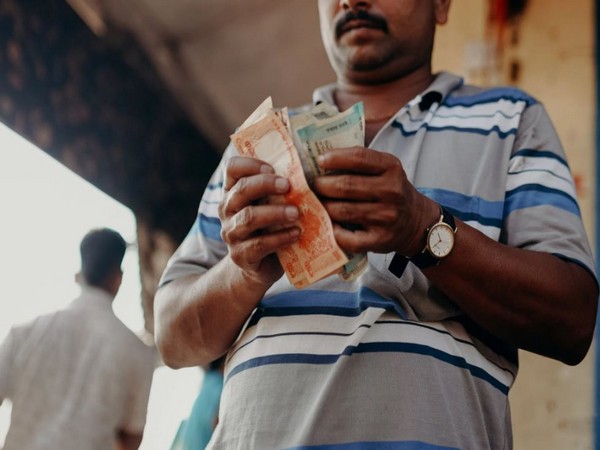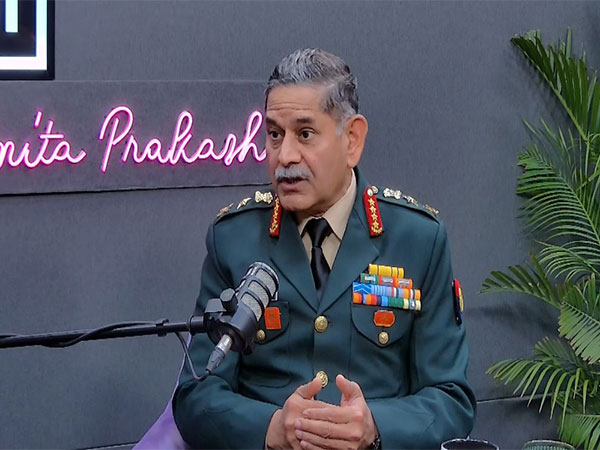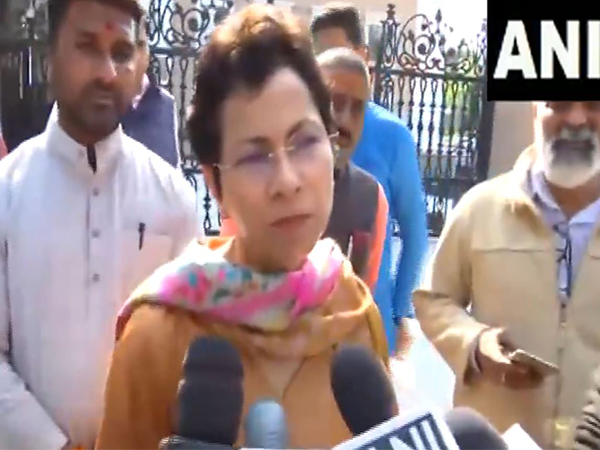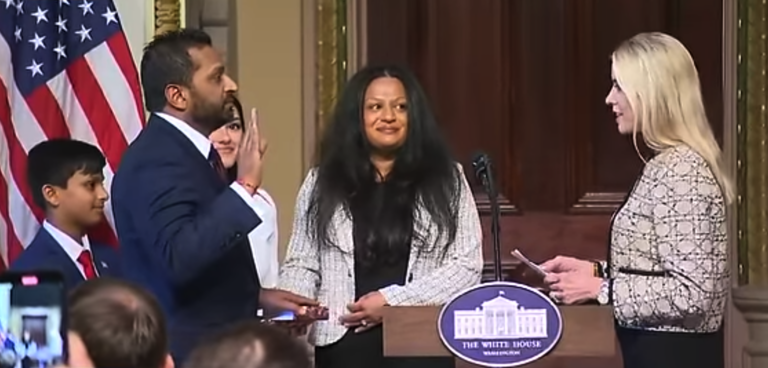
New Delhi [India], April 28 (ANI): The findings of a 30-day analysis-based consumer survey by Deloitte (known as wave17**), indicated that health and safety are at the core of all important consumption-led decisions.
India currently ranks highest amongst 18 countries in terms of anxiety during the second wave of the pandemic. Twenty one per cent of consumers in India are anxious, followed by Chile (16 per cent), Poland (13 per cent), South Africa (13 per cent), and Italy (13 per cent).
With the significant increase in the number of cases, the Indian consumer is seen to cautiously approach the future by prioritising health safety, preferring online channels for purchases, and choosing to delay large purchases.
Porus Doctor, Partner, and Consumer Industry leader, Deloitte Touche Tohmatsu India LLP said, “Our survey insights are a reflection of the heightened consumer apprehensions, which are at the core of their decision-making. As the health crisis again takes center stage in the country, the average Indian consumer prefers to use digital and online channels wherever applicable.”
Key trends emerging from the survey included the following:
Online purchases continue to show a strong trend
Throughout the pandemic, the online medium emerged as the preferred channel for purchase and continues to grow. Here is how consumers have been buying online – medicines (22 per cent), electronics (34 per cent), clothing (33 per cent), food ordering online from restaurants/take-aways (33 per cent), and if available, the next vehicle online (57 per cent) as well due to various restrictions.
Cautious consumption
– The spending intent shows consumers are focused more on non-discretionary items as compared with the previous waves of the survey. For instance, 48 per cent of consumers show net spending intent towards healthcare, 33 per cent towards medicines, 42 per cent towards internet, 47 per cent towards groceries, and 44 per cent towards household goods, indicating that consumers want to focus on non-discretionary spends in the time of crisis.
– The consumer persona shows, stock piler (63 per cent), convenience seeker (69 per cent), and bargain hunter (51 per cent) still remain high amongst the Indian consumers.
Concern about returning to the workplace
Indians are significantly more concerned about returning to the workplace than they were in February 2021. About 28 per cent today worry about returning to their offices, as compared with 15 per cent in February 2021.
Consumers gearing towards an at-home economy
Individuals are not looking to venture out as they do not feel safe about going to a store, restaurant, engaging in in-person activities, staying in a hotel, returning to the workplace, taking a flight, etc.
Other trends include:
– Socially conscious shopping: 67 per cent of consumers prefer more locally sourced items going forward even if they cost a bit more, and 71 per cent prefer brands that responded well during the pandemic.
– Consumer mobility: The findings indicate consumers’ intent to stick to their current vehicles for a longer period than they had originally expected (71 per cent); this has been a consistent trend globally.
61 per cent of consumers are putting off regular maintenance for their vehicle, and 47 per cent consider their car doesn’t need replacement.
Over the next three months, consumers plan to limit the use of public transit (71 per cent) and ride-hailing (63 per cent).
– Travel and hotel stay: The recent developments have brought about a shift in plans to travel for leisure and business. 46 per cent feel safe staying in a hotel while 48 per cent feel safe while traveling. (ANI)






